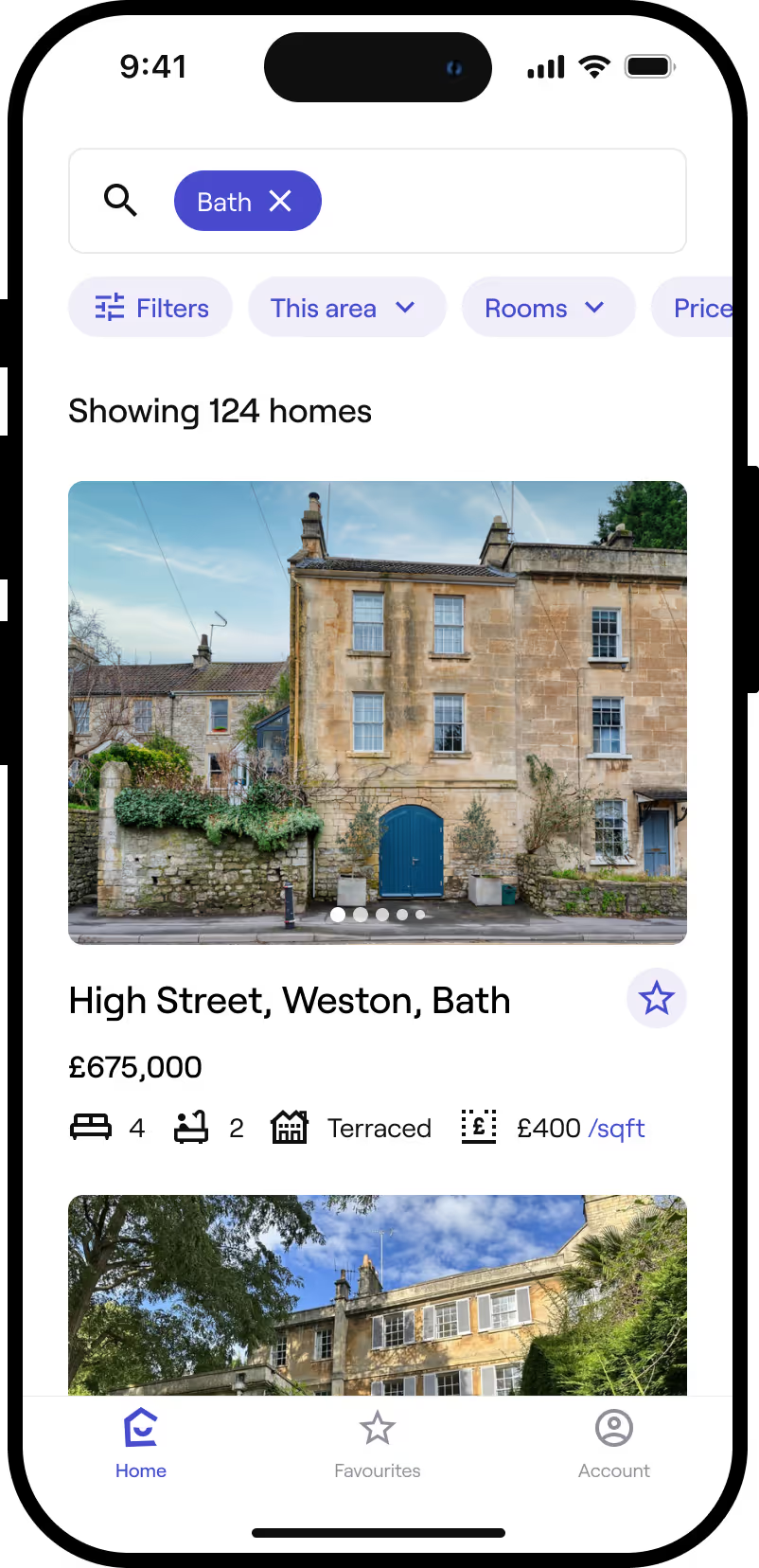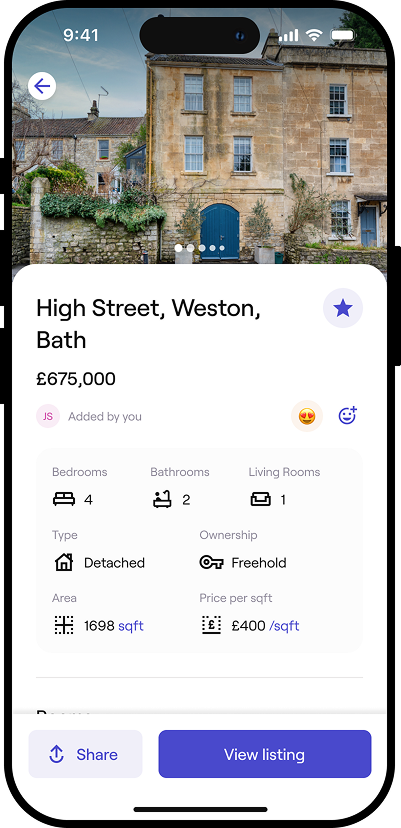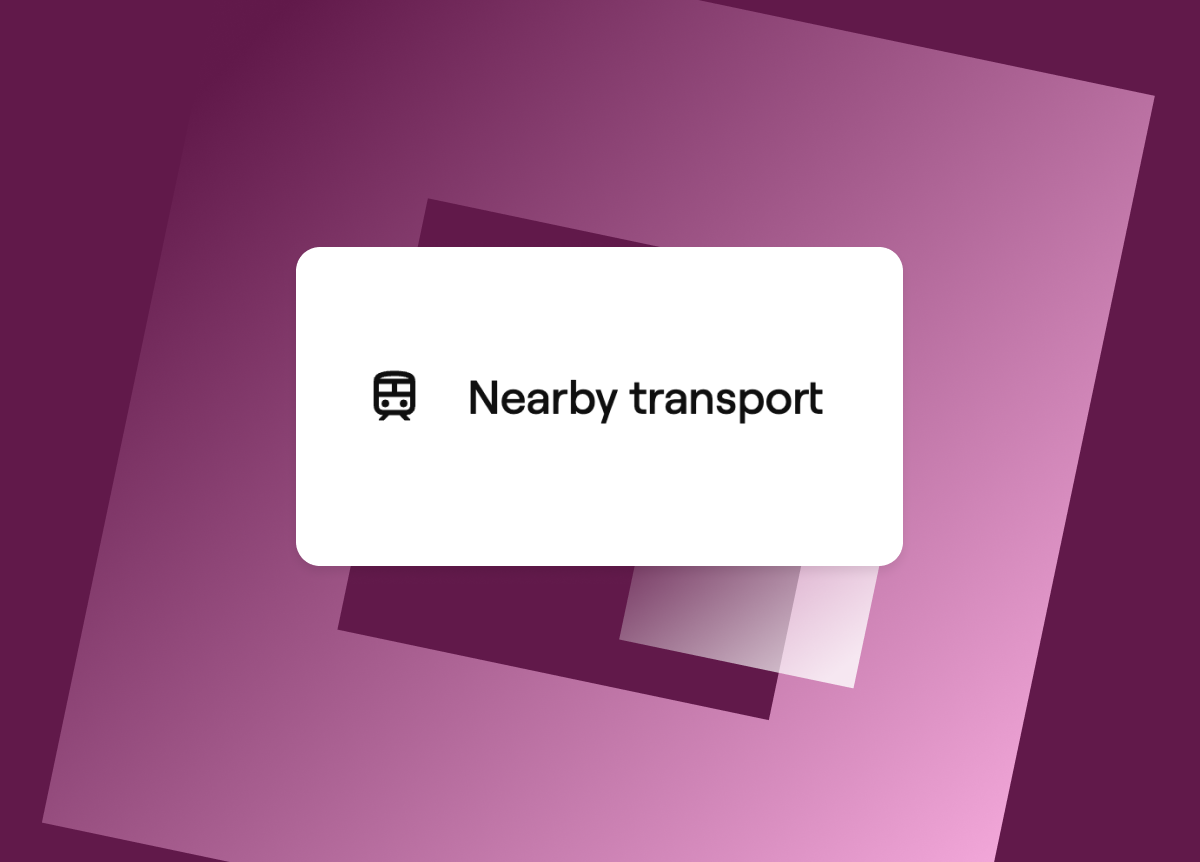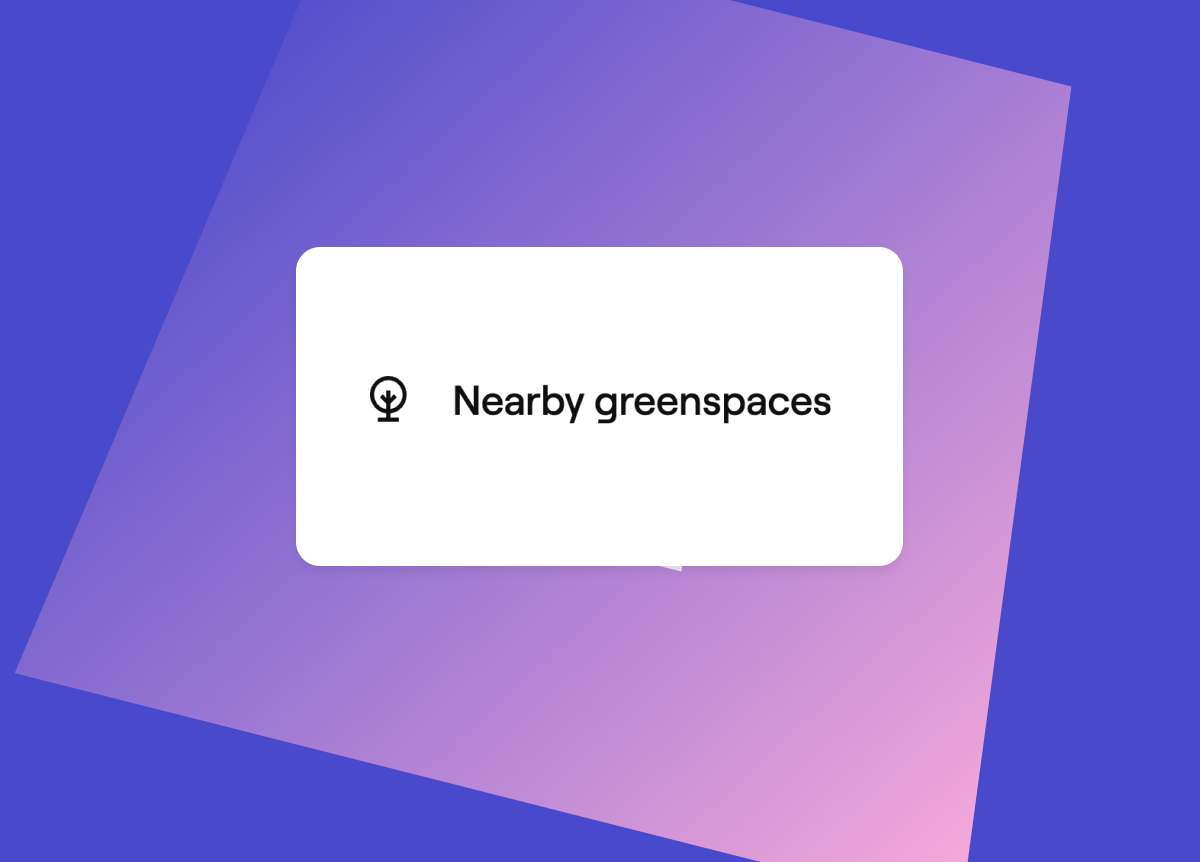There’s No Such Thing as a House Price
Was early at Deliveroo, ex-Duffel and Hopin. Experienced in building user-facing product, algorithms, architecture, and everything in-between.
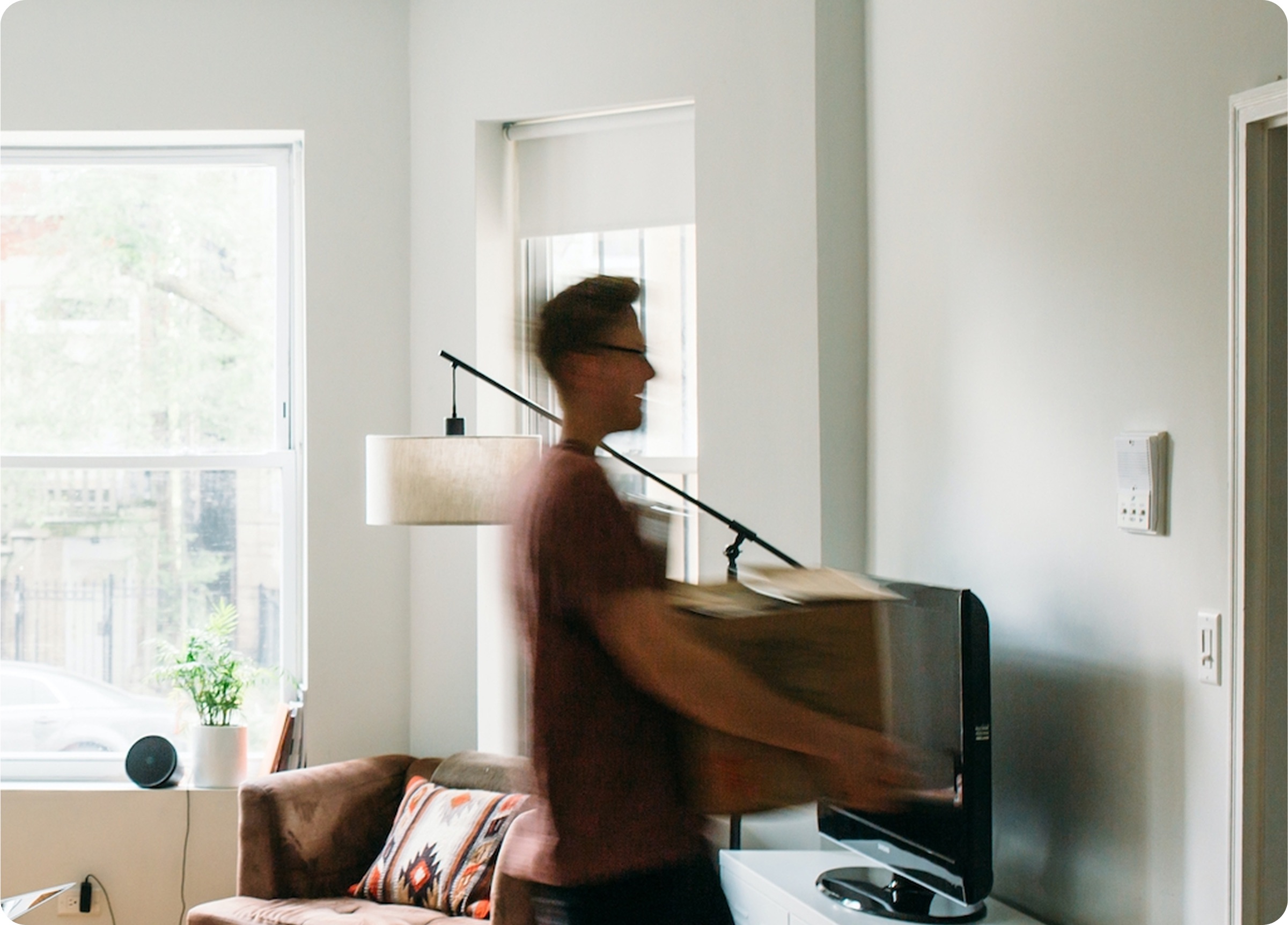
Price setting, in most markets, is fairly straightforward. You have supply. You have demand. You have people who make widgets and people who want widgets. Prices move when one side nudges the other. If too many toasters are clogging up the shelves, they go on sale. If there’s a run on avocados, the price goes up until everyone calms down or runs out of brunch money. There’s negotiation. There’s equilibrium. There’s a logic, however tenuous.
But that’s not how houses work. All that lovely economics chat goes straight out the grade 2 listed sash window.
House Prices Run on Vibes
When it comes to buying a house, you’re not just buying a widget. You’re buying safety. Identity. Status. A future.
So when someone says a house is worth £450,000, what they mean is: "We hope someone out there will believe in this number hard enough to sign a mortgage contract and part with their life savings" And sometimes they do. And then that number becomes a new benchmark.
The price isn’t just about square footage or location. It’s about timing, mood, fear of missing out, fear of overpaying, fear of regret. It’s deeply emotional. And so, deeply irrational.
That’s why the urge to compare is so strong. You see what your neighbour got. You scroll Rightmove Jitty until your eyeballs fall out. You ask friends, watch grams, do the maths, then ignore it completely and panic buy because someone else booked a second viewing. You don’t want to be the mug who overpaid. But you really don’t want to be the mug who waited too long.
It’s not to say buying or selling a home isn’t a big deal. It absolutely is. But it’s not science. It’s theatre. A bit of sales patter, a lot of crossed fingers and the odd waft of furniture polish.
The Market’s Irrational (And You Are Too)
And unlike other big purchases, houses aren’t perfectly comparable. You’re not picking from a shelf of near-identical items where price and features line up neatly. Every home has its own quirks, its own weird little cupboard under the stairs or dubious DIY decisions. You fall for one because of the way the light hits the hallway, or because the garden reminds you of your nan’s. It’s emotional, irrational, and entirely specific.
In fact, studies have shown houses literally sell better on sunny days. Sunshine boosts mood and makes people more optimistic, which means they're more likely to picture themselves living happily ever after and less likely to notice the dodgy boiler.
So next time someone talks about what a place is "worth", take it with a pinch of salt. There’s no such thing as property prices.
Questions You Might Have
Head down a different street...
Download the Jitty app now
Experience homebuying as it was meant to be.
